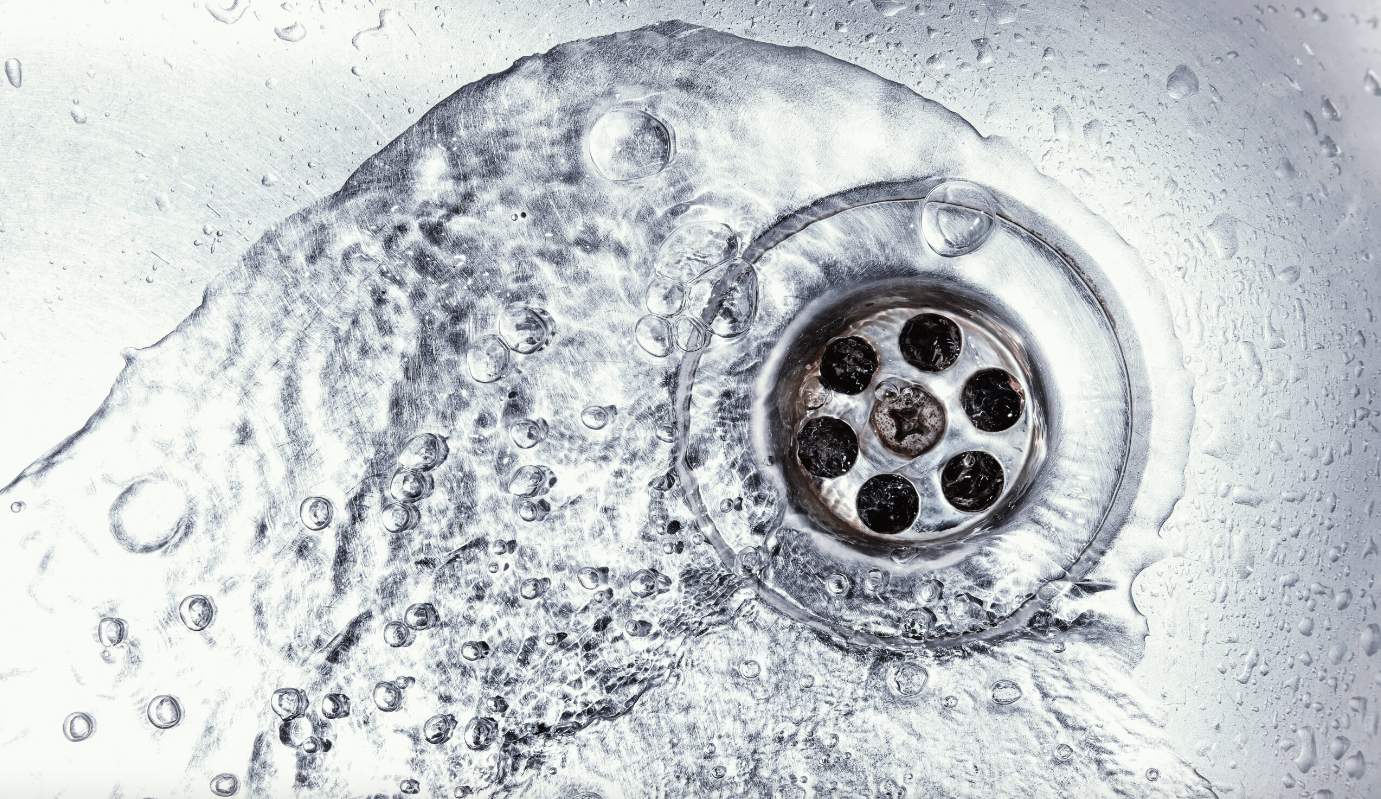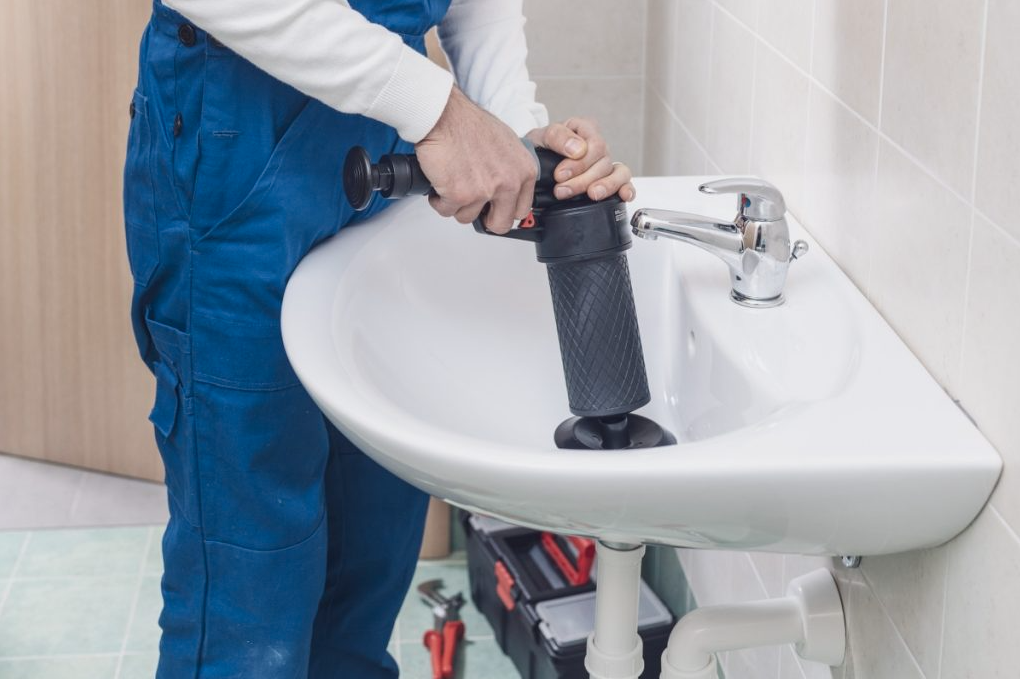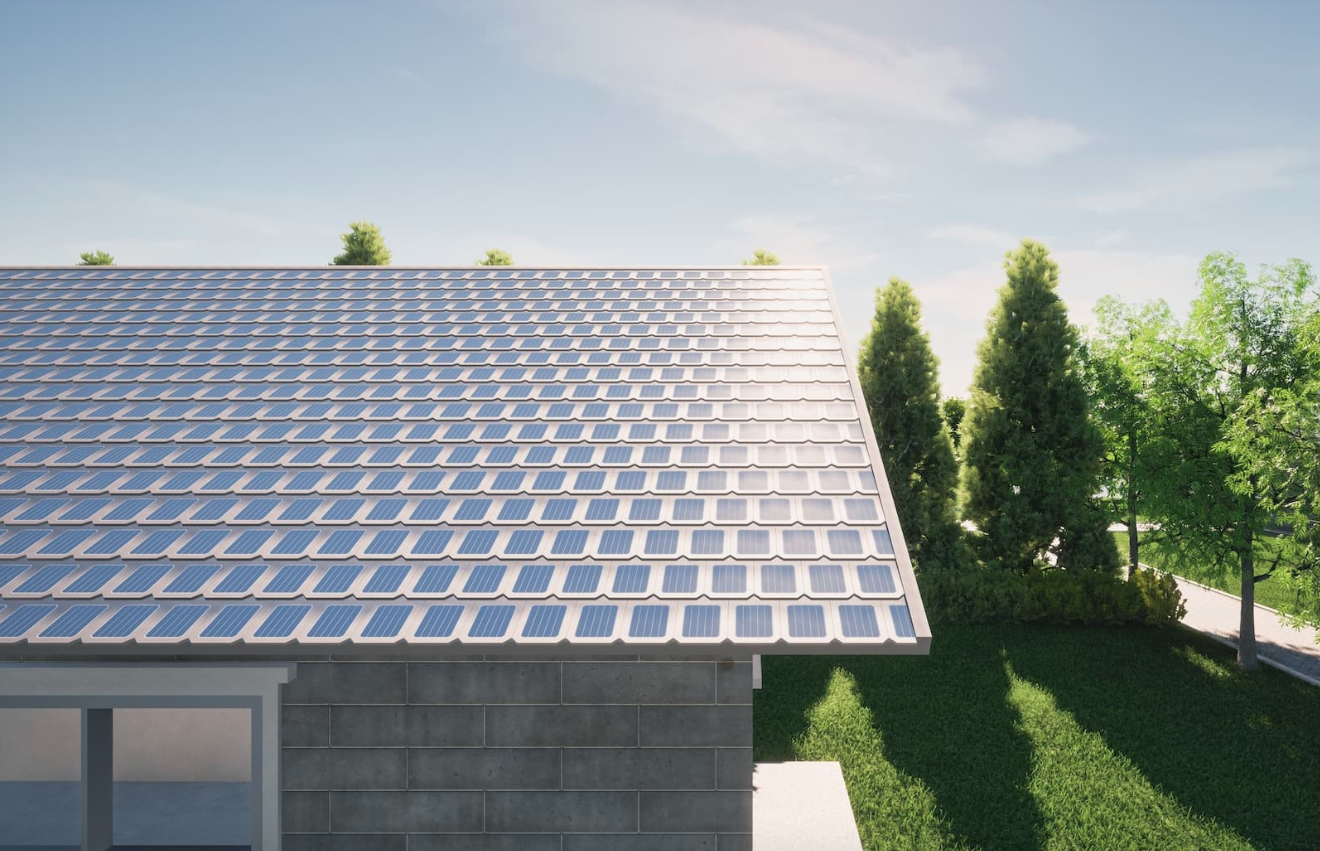Drain Clearing: Complete Homeowner’s Guide

Why Drain Clearing Is Essential for Your Home
Drains play a crucial role in your home's plumbing system, ensuring that water and waste flow smoothly out of your living spaces. However, over time, drains can become clogged with debris, hair, grease, and other substances, leading to slow drainage or even complete blockages. Regular drain clearing is essential for maintaining a healthy plumbing system, preventing unpleasant odors, and avoiding costly repairs down the line. In this guide, we'll explore the importance of drain clearing, common causes of clogs, DIY solutions, and when to call in a professional.
Common Causes of Drain Clogs
Understanding what causes drain clogs can help you take preventive measures to keep your plumbing system running smoothly. Here are some of the most common culprits:
1. Hair
Hair is a frequent cause of clogs, especially in bathroom drains. Over time, hair can accumulate in the pipes, creating a blockage that restricts water flow.
2. Grease and Oil
In kitchens, grease and oil are common causes of drain clogs. These substances can solidify in the pipes, trapping other debris and leading to a stubborn blockage.
3. Soap Scum
Soap, especially in combination with hard water, can leave behind a residue known as soap scum. This residue can build up on the walls of your pipes, narrowing the passage and causing clogs.
4. Food Waste
Despite having a garbage disposal, some food waste can still cause clogs in your kitchen sink. Items like coffee grounds, eggshells, and fibrous vegetables should never be washed down the drain, as they can easily lead to blockages.
5. Foreign Objects
Small objects, such as jewelry, toys, or hygiene products, can accidentally fall into the drain and cause a blockage. These items can become lodged in the pipes, preventing water from flowing freely.
6. Mineral Buildup
In areas with hard water, minerals like calcium and magnesium can accumulate inside the pipes, creating a hard scale that restricts water flow and contributes to clogs.
DIY Drain Clearing Solutions
Before calling a plumber, there are several DIY methods you can try to clear a clogged drain. These techniques are often effective for minor blockages and can save you time and money.
1. Boiling Water
One of the simplest and most effective ways to clear a clog is by pouring boiling water down the drain. The heat can dissolve grease and soap scum, helping to break up the blockage. Be sure to pour the water slowly and in stages to allow it to work its way through the clog.
2. Baking Soda and Vinegar
A natural and eco-friendly solution, the combination of baking soda and vinegar can help clear minor clogs. Start by pouring half a cup of baking soda down the drain, followed by half a cup of vinegar. Cover the drain and let the mixture sit for about 30 minutes. Then, flush the drain with hot water to clear the blockage.
3. Plunger
A plunger is a handy tool for clearing clogs in sinks, showers, and toilets. Make sure there is enough water in the basin to cover the plunger's cup. Place the plunger over the drain and pump it up and down several times. The pressure created by the plunger can dislodge the clog and restore proper drainage.
4. Drain Snake
A drain snake, or auger, is a flexible tool designed to reach deep into the pipes and clear blockages. Insert the snake into the drain and turn the handle to push it through the clog. Once the blockage is cleared, pull the snake out and run hot water to flush the drain.
5. Wire Hanger
If you don’t have a drain snake, a straightened wire hanger can serve as a makeshift tool for clearing clogs. Use the hooked end to fish out hair and debris from the drain. This method is particularly effective for clogs near the surface of the drain.
When to Call a Professional
While DIY methods can be effective for minor clogs, some situations require the expertise of a professional plumber. Here are some signs that it's time to call in the pros:
1. Persistent Clogs
If you've tried several DIY methods and the clog persists, it may be more severe or located deeper in the pipes. A professional plumber has the tools and experience to diagnose and fix the problem effectively.
2. Multiple Clogged Drains
If more than one drain in your home is clogged, it could indicate a blockage in the main sewer line. This is a serious issue that requires immediate professional attention to prevent sewage backups and damage to your home.
3. Foul Odors
Persistent foul odors coming from your drains can be a sign of a deeper issue, such as a sewer line problem or a buildup of bacteria and mold. A plumber can identify the source of the odor and address it before it becomes a health hazard.
4. Water Backups
If water is backing up into sinks, showers, or toilets, it's a clear sign of a serious blockage. This issue can quickly escalate, leading to water damage and unsanitary conditions in your home.
5. Slow Draining
If water is draining slowly from multiple fixtures in your home, it could indicate a partial blockage in the main sewer line. A professional plumber can use specialized equipment, such as a sewer camera, to locate and clear the blockage.
Preventive Measures to Keep Drains Clear
Preventing clogs is always easier and less costly than dealing with them after they occur. Here are some tips to keep your drains clear and your plumbing system in top shape:
1. Use Drain Screens
Install drain screens in your sinks, showers, and tubs to catch hair, food particles, and other debris before they enter the pipes. Clean the screens regularly to prevent buildup.
2. Avoid Pouring Grease Down the Drain
Grease and oil can solidify in your pipes, leading to clogs. Instead of pouring grease down the drain, allow it to cool and solidify, then dispose of it in the trash.
3. Run Hot Water After Use
After using your sink or shower, run hot water for a few minutes to help wash away any residue that could lead to clogs. This is especially important in the kitchen, where food particles and grease are more likely to enter the drain.
4. Regularly Clean Your Drains
Perform regular drain cleaning using natural methods, such as the baking soda and vinegar combination mentioned earlier. This can help prevent buildup and keep your drains flowing smoothly.
5. Be Mindful of What Goes Down the Drain
Only flush toilet paper and human waste down the toilet, and avoid putting fibrous or starchy foods, coffee grounds, and eggshells down the kitchen sink. These items can easily lead to clogs.
Conclusion: Keep Your Plumbing System Healthy with Regular Drain Clearing
Regular drain clearing is an essential part of maintaining a healthy plumbing system. By understanding the common causes of clogs, using effective DIY solutions, and knowing when to call a professional, you can keep your drains clear and avoid costly repairs. With proper care and preventive measures, your plumbing system will continue to function smoothly, keeping your home comfortable and free from the headaches of clogged drains.
4o
Explore

Drain Clearing: The Complete Guide for Homeowners

Understanding the Cost of Solar Roof Tiles: A Homeowner’s Guide

Online Payment Systems: A Complete Guide

The Complete Guide to Dental Implants: A Revolutionary Solution for Missing Teeth in the U.S.

Unlocking Better Rates: Home Loan Refinancing Guide

Laser Eye Surgery: Your Comprehensive Guide
